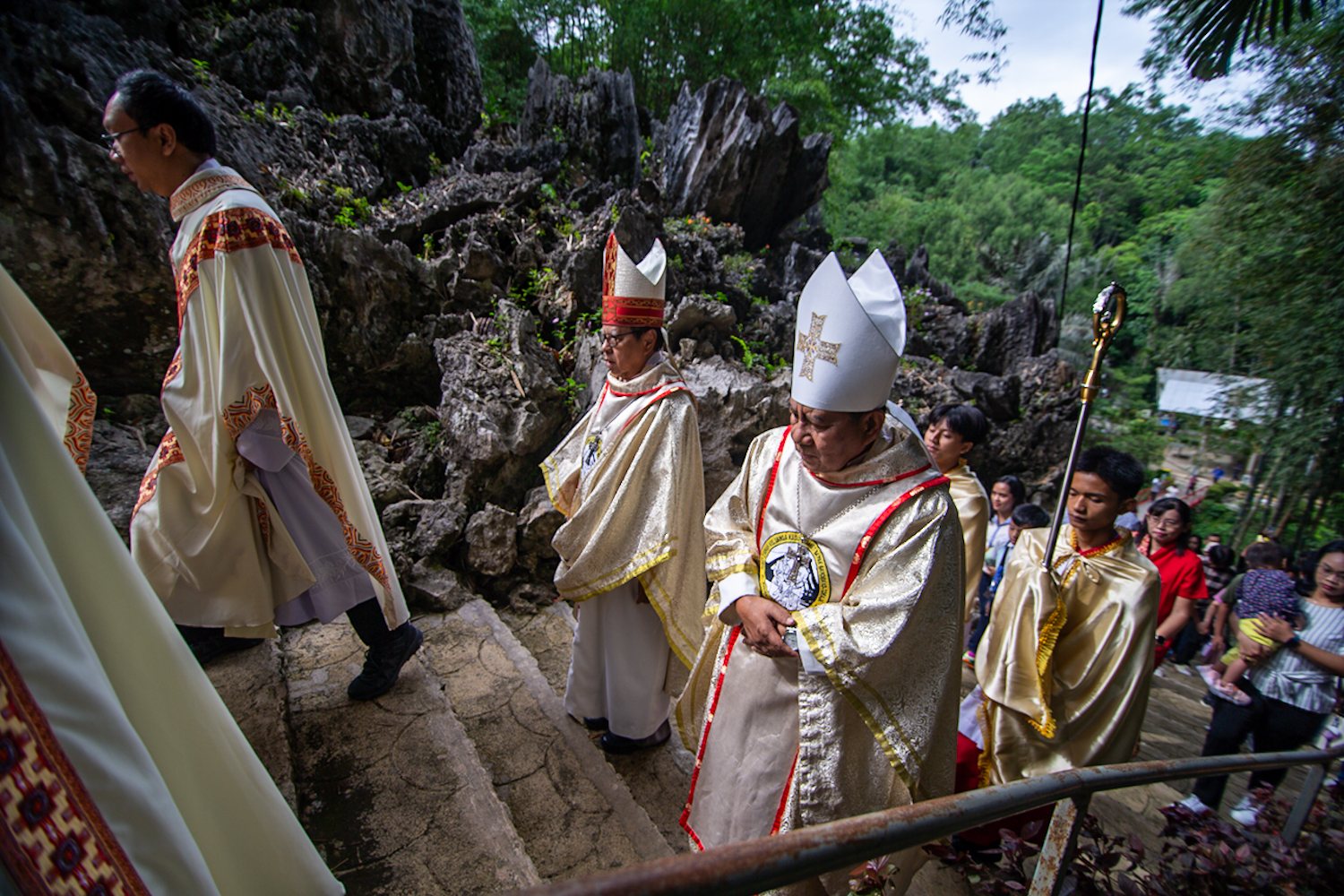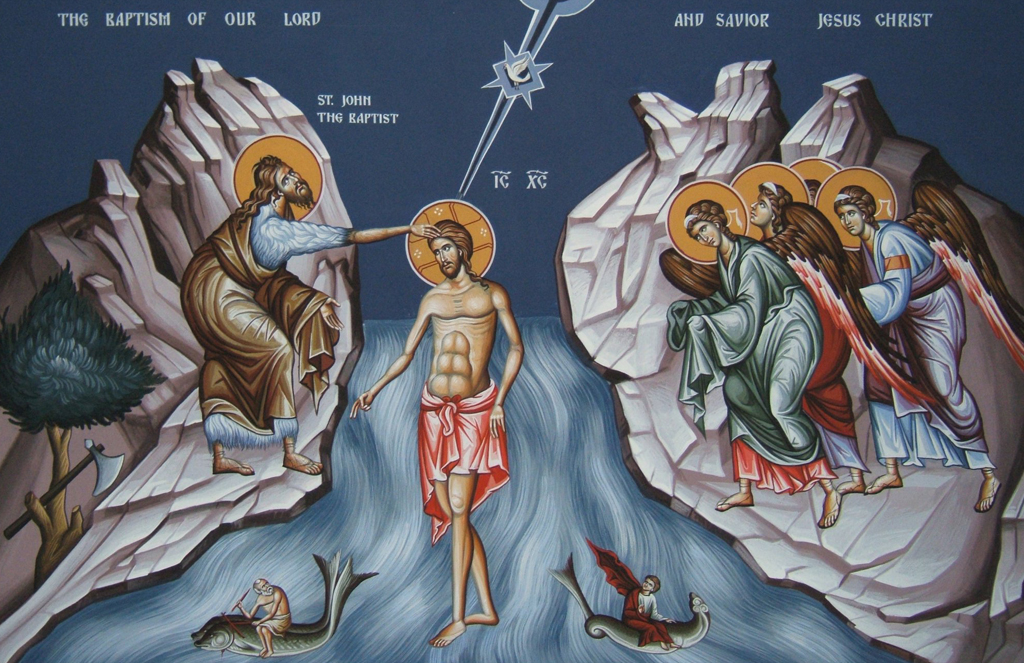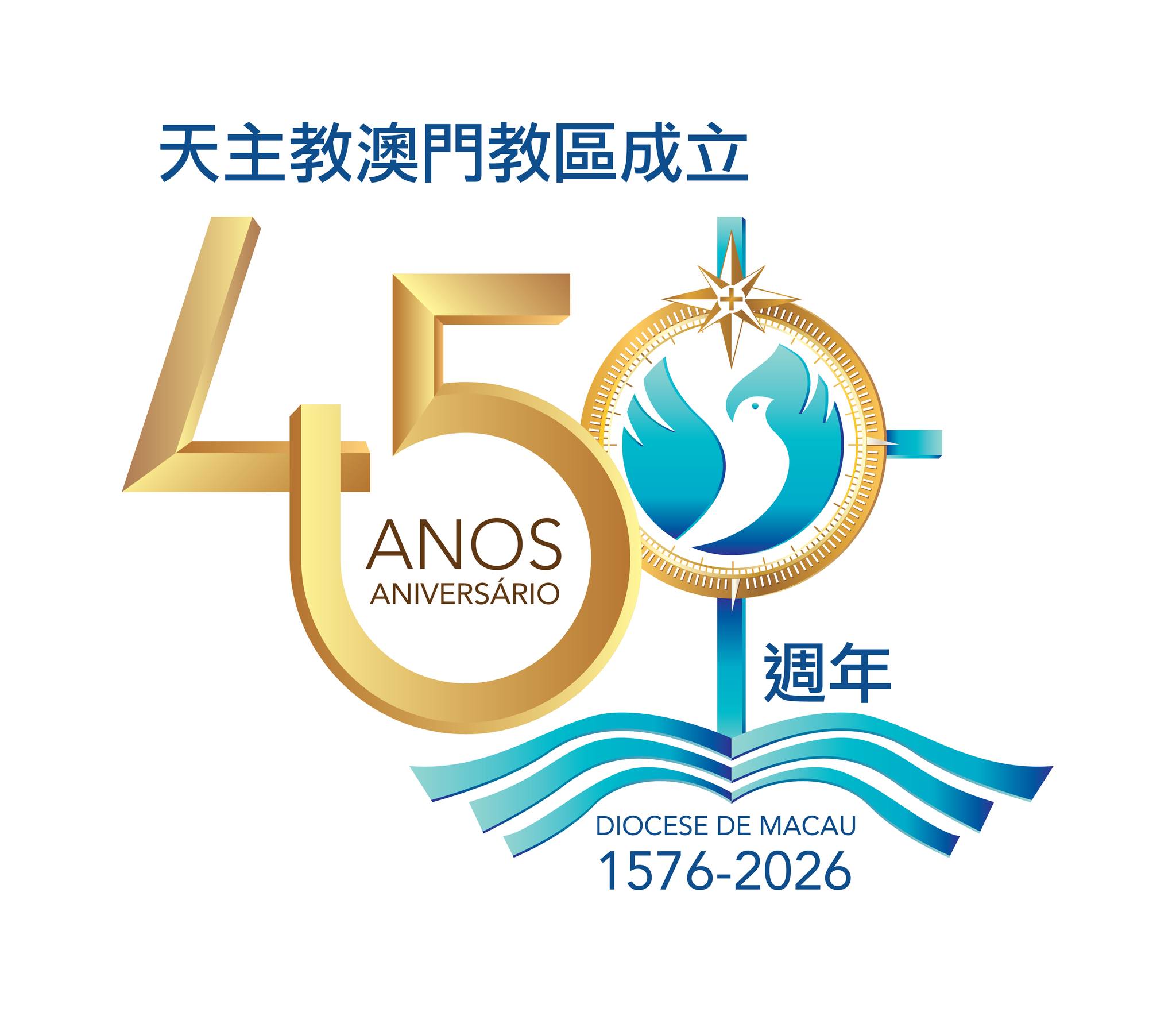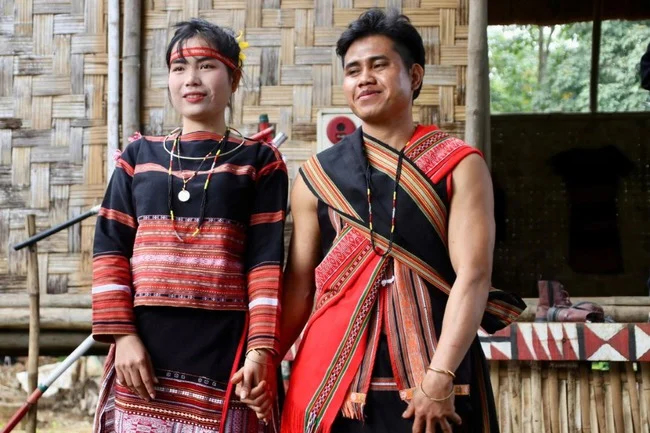Joaquim Magalhães de Castro
They walk together with the Muslim population along the “paths of dialogue and mercy”. As Catholics, they live in an area of Indonesia where they make up a tiny fringe of society. But this fact does not discourage or frighten them. There is a deep faith that is clearly manifested in the participation of all and that continually calls them to a relationship with others, with people of different beliefs, with whom there are generally no problems in coexistence. This is the current panorama well expressed by the Archbishop of Makassar, Franciskus Nipa, the only Indonesian Metropolitan Archbishop to receive the pallium from Pope Leo XIV on June 29. “It was a moving moment of strong solidarity with the Successor of Peter. Pope Leo XIV is a Pope who was a missionary and, therefore, understands our life very well”, he said in this regard. The prelate reports on his mission on the island of Sulawesi (Celebes), the third largest island in the Indonesian archipelago, whose territory is divided into two Catholic dioceses: Manado, in the north; and Makassar, in the south, and which includes three Indonesian provinces. Archbishop Franciskus Nipa’s episcopal motto is ‘Misericodiam volo’ and expresses his deep desire “to be always and completely at the service of the people that God has entrusted to me”. Previously, and for twelve years, Bishop Franciskus Nipa served as Secretary General of the Archdiocese, a fundamental role that requires direct and specific knowledge of the territory, the parishes, and the problems, questions and needs of the Catholic faithful of the diocese, approximately 250,000 out of a population of over 13 million, divided into 56 parishes. Archbishop Nipa puts the current situation of Catholics into context: “In Sulawesi, we generally have good relations with the predominantly Muslim population. A valuable source of inspiration for our daily life is ‘Nostra Aetate’, the conciliar decree on relations between the Catholic Church and non-Christian religions.” Catholics maintain not only good relations with ordinary people but also with Islamic leaders and civil authorities. And this despite the fact that, “in certain areas of a given province,” state authorities put them in second place when it comes to obtaining a permit to build a new church, for example. This waiting period can drag on for years, “up to 30 or 40 years,” and ultimately ends up with the permit being denied. In the not-so-distant past, the presence of Islamic extremists seriously damaged coexistence and left open wounds: on March 28, 2021, Palm Sunday, a bomb attack on the Sacred Heart Cathedral in Makassar took the lives of the two attackers and injured at least 20 people. But local Catholics always try to overcome obstacles and find “the good that the Lord places in every event”. Pope Francis’ visit to Indonesia in 2024 was a very positive boost, fundamental for Muslim-Christian relations. Indeed, during the preparation for the Easter visit, ecclesiastical leaders had the opportunity to meet with Muslim leaders and faithful through a series of monthly meetings, held alternately in a church and a mosque, which strengthened the good relations that they now cultivate. “Muslims are responding positively to this commitment to dialogue, and we are encouraged,” concludes Archbishop Franciskus Nipa. “We are all trying to put into practice, in our daily lives, the affirmations of goodwill that emerged from these meetings.” As part of his pastoral ministry in the vast territory, Archbishop Nipa also visits parishes in more remote areas, including the Tana Toraja Regency (Archbishop Nipa’s home region), characterized by landscapes of rice paddies, hills, mountains and villages, and inhabited by indigenous Torajan communities who practice animist worship. The inauguration of the characteristic Church of the Holy Family, carved into the mountain rock, last January was an important moment for the Torajan people: it attracted attention for its original structure and its significance as “a church characterized by a unique integration into the natural landscape, with Christ at its center.” After the introduction of Catholicism in Sulawesi by the Portuguese in the 16th century – of which Saint Francis Xavier naturally stands out, bringing the Gospel to the Maluku Islands in 1546 – there was a long period of absence of Catholic missionaries, “which lasted 200 years”, and which was due to hostilities and disputes between Christian communities in Europe, which also affected the colonies. This reality is well documented by Father Armada Riyanto (CM) in his essay entitled The Catholic Mission in Indonesia and the Propaganda Fide. A Historical Overview, published in the Hong Kong Journal of Catholic Studies, issue No. 14 of 2023.


 Follow
Follow


